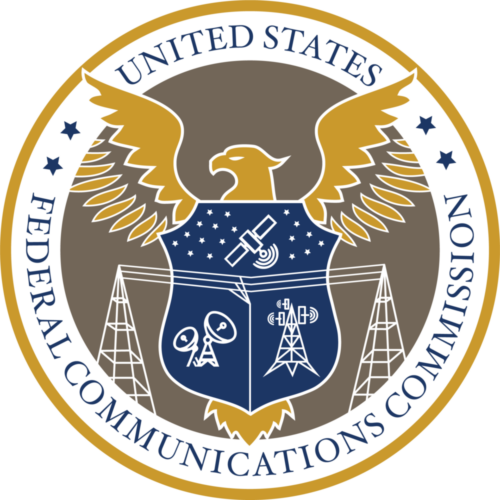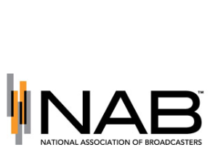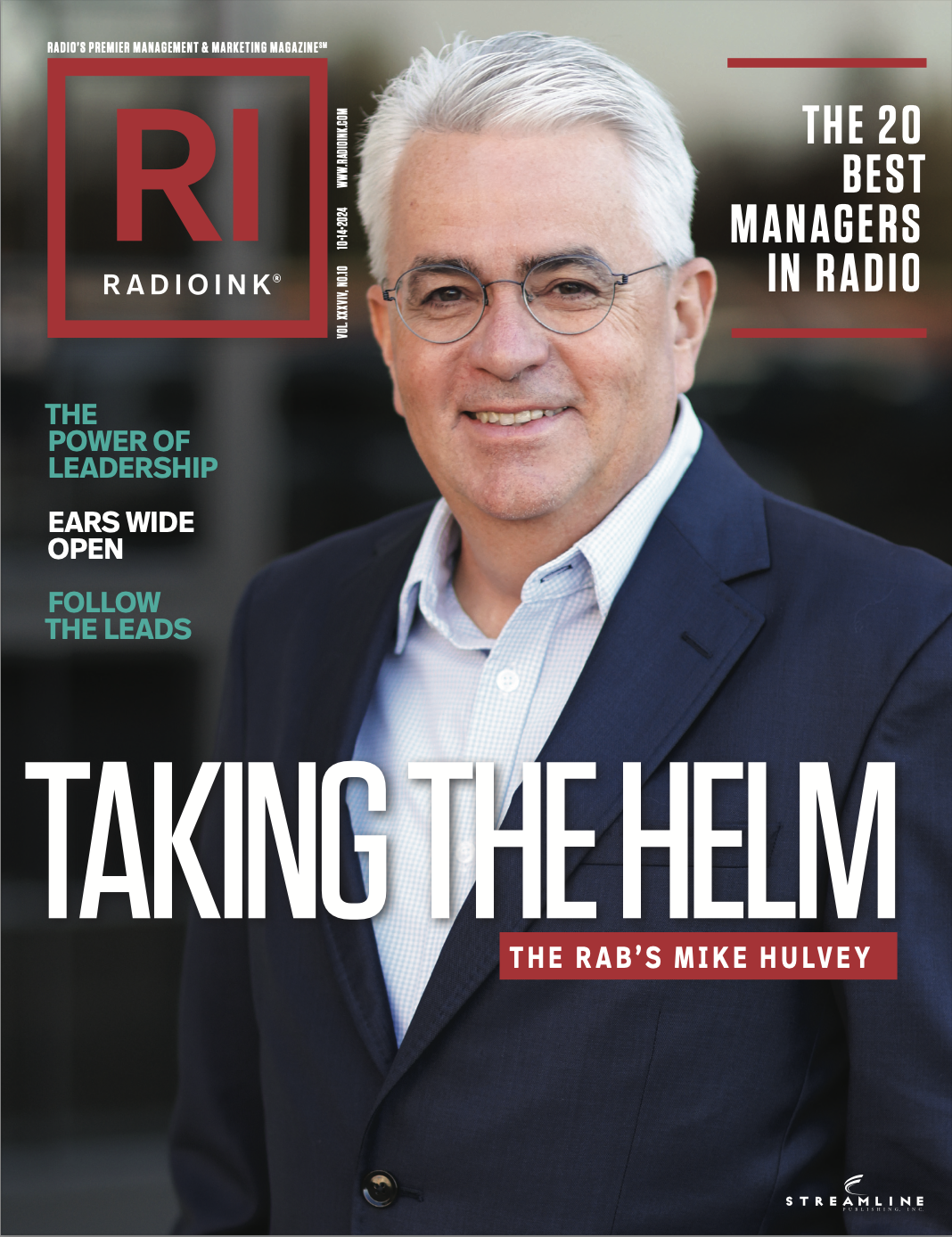
A coalition of major radio and television broadcasters representing more than 2,000 stations across America is making its voice heard in opposition to the FCC’s proposed rules requiring disclosures for political advertisements containing AI-generated content.
Those filing comments on the NPRM include iHeartMedia, Cumulus Media, and Salem Media Group, among others. They join the existing pushback from the NAB and NPR, who say the FCC does not have the legal authority to enact such a rule.
In its own separate comments, iHeart argues that the proposed regulations would create confusion among voters, impose undue burdens on broadcasters, and potentially violate legal and constitutional principles.
“The NPRM’s proposals would create public confusion about the content of political ads and lead to a series of other unintended public interest harms,” iHeart stated. “Telling listeners that an ad ‘contains information generated in whole or in part by artificial intelligence’ will only create confusion in most instances and will not provide audiences with the tools they need to ‘make informed decisions about the information in that ad.'”
iHeart also noted that the proposed rules would apply only to broadcast and cable platforms, putting radio operators at a disadvantage. “Making matters worse, while consumers will confront disclosures on broadcast advertisements even if they contain no deceptive use of AI, consumers will not encounter disclosures on the platforms most likely to transmit deceptive content.”
While acknowledging the potential benefits of uniform federal rules governing AI use in political advertising, iHeart emphasized that, “Only Congress can enact broad legislation that covers all aspects of political advertising. Accordingly, only Congress can avoid a fragmented approach and the problems it would cause. The Commission is attempting to fit a square peg into a round hole, and even if it can do so, it would have disastrous results.”
Other radio operators – including Cumulus, Salem, Cox Media Group, Red Apple Media, and Alpha Media – joined a joint filing with TV broadcasters to share a similar message. They believe the rules would provide a “purely cosmetic solution at a considerable cost” and lead to unintended public interest harms.
The Joint Broadcasters emphasize that the proposed rules would impose significant operational and financial burdens on radio and TV stations. “Stations usually have no contact with the entities that produce the creative, which are the only parties that definitively know whether an advertisement includes AI-generated content,” they noted.
Furthermore, the broadcasters express concern that the additional disclosures would consume valuable airtime, reducing the time available for political messaging. This could lead to increased costs for advertisers and potentially decrease the number of political ads aired, thereby limiting information available to voters.
Again, the Joint Broadcasters reasserted the NAB’s stance that, “Congress has not delegated such clear authority to the Commission.” They further contend that the proposed disclosure requirements would constitute compelled speech and fail to meet strict scrutiny under First Amendment analysis.
“Rather than solving the problem, the rules proposed in the NPRM will just add another layer of complexity,” they stated.
The FCC will review the comments submitted during the now-closed public comment period before making a decision on whether to adopt, modify, or discard the proposed rules.









